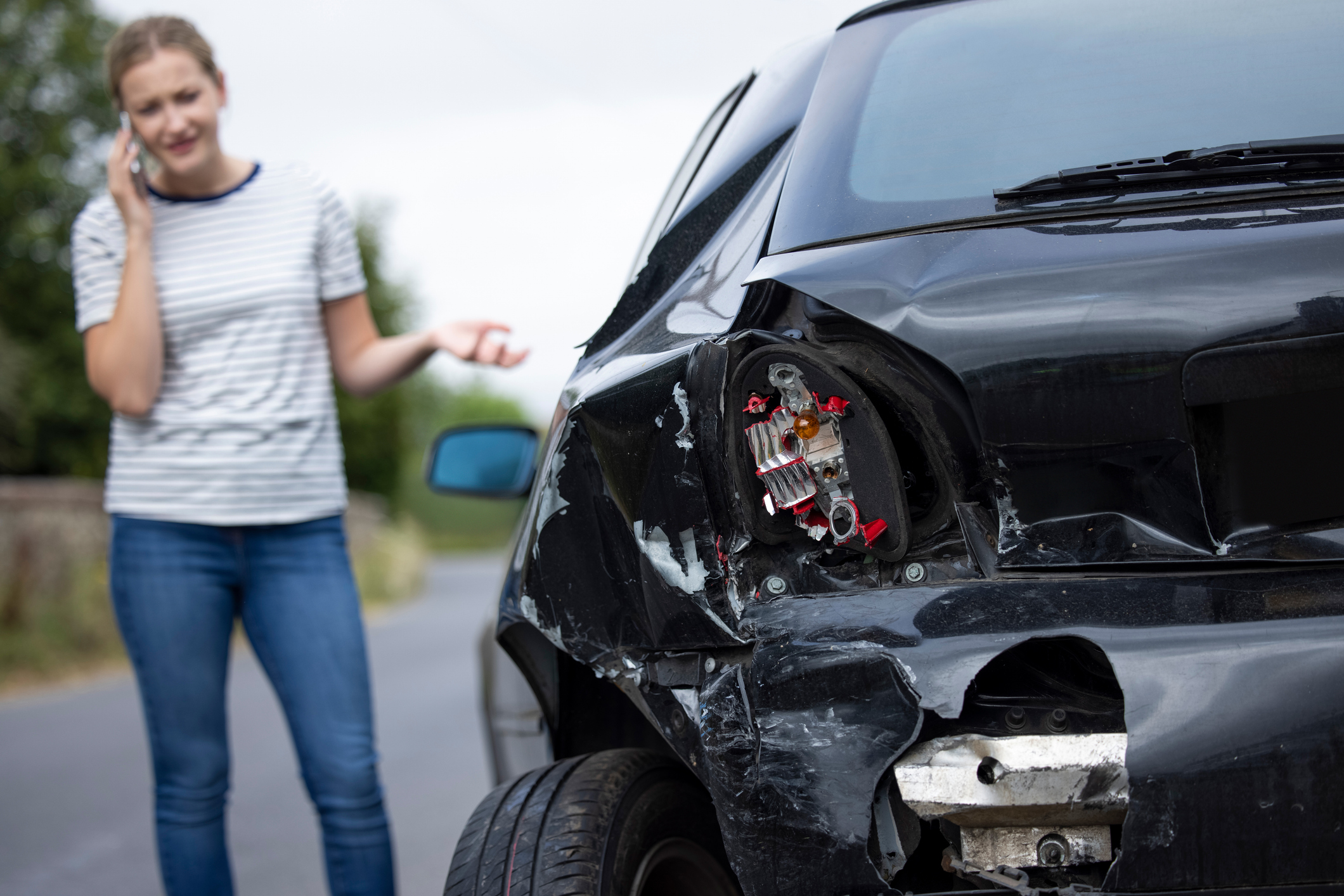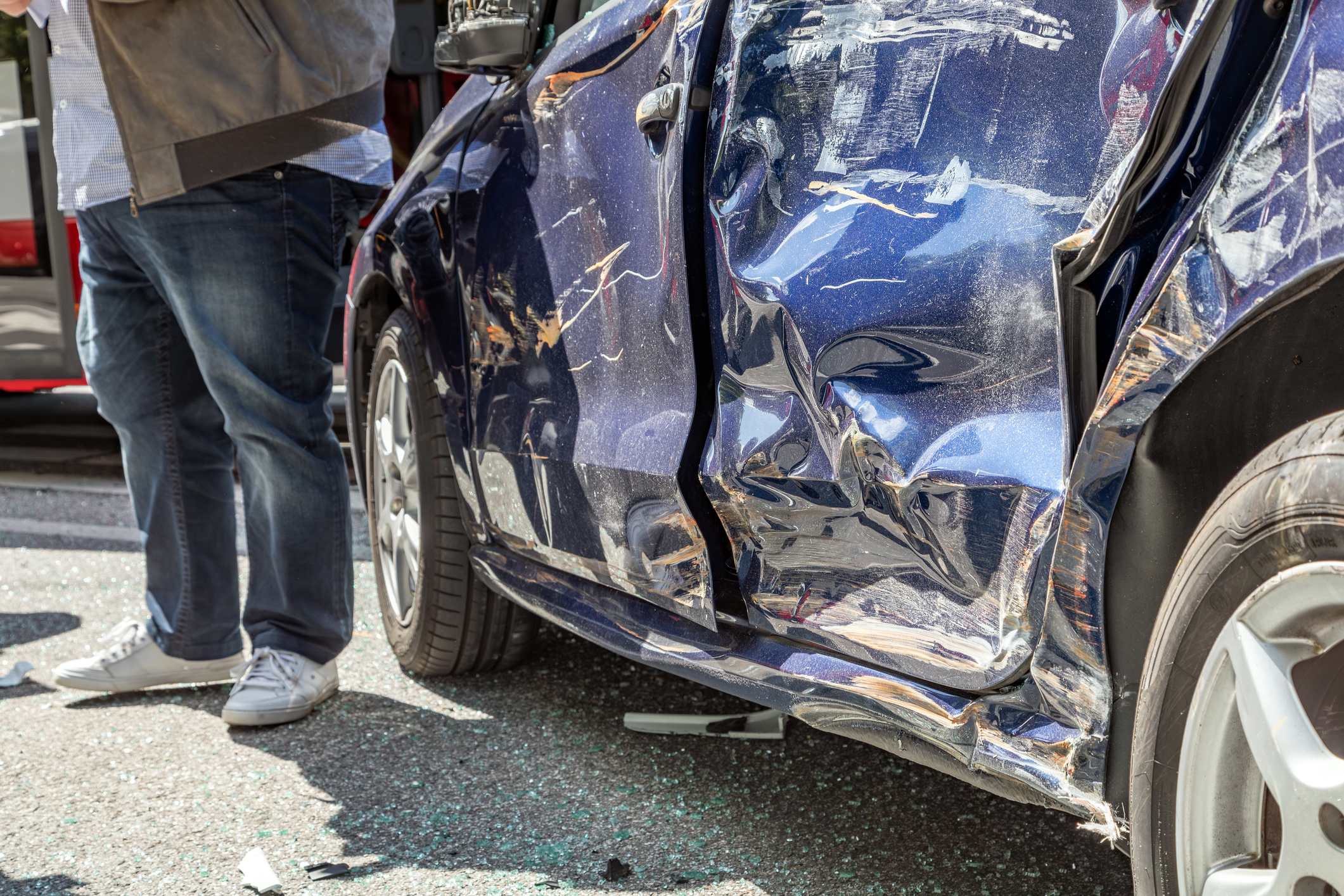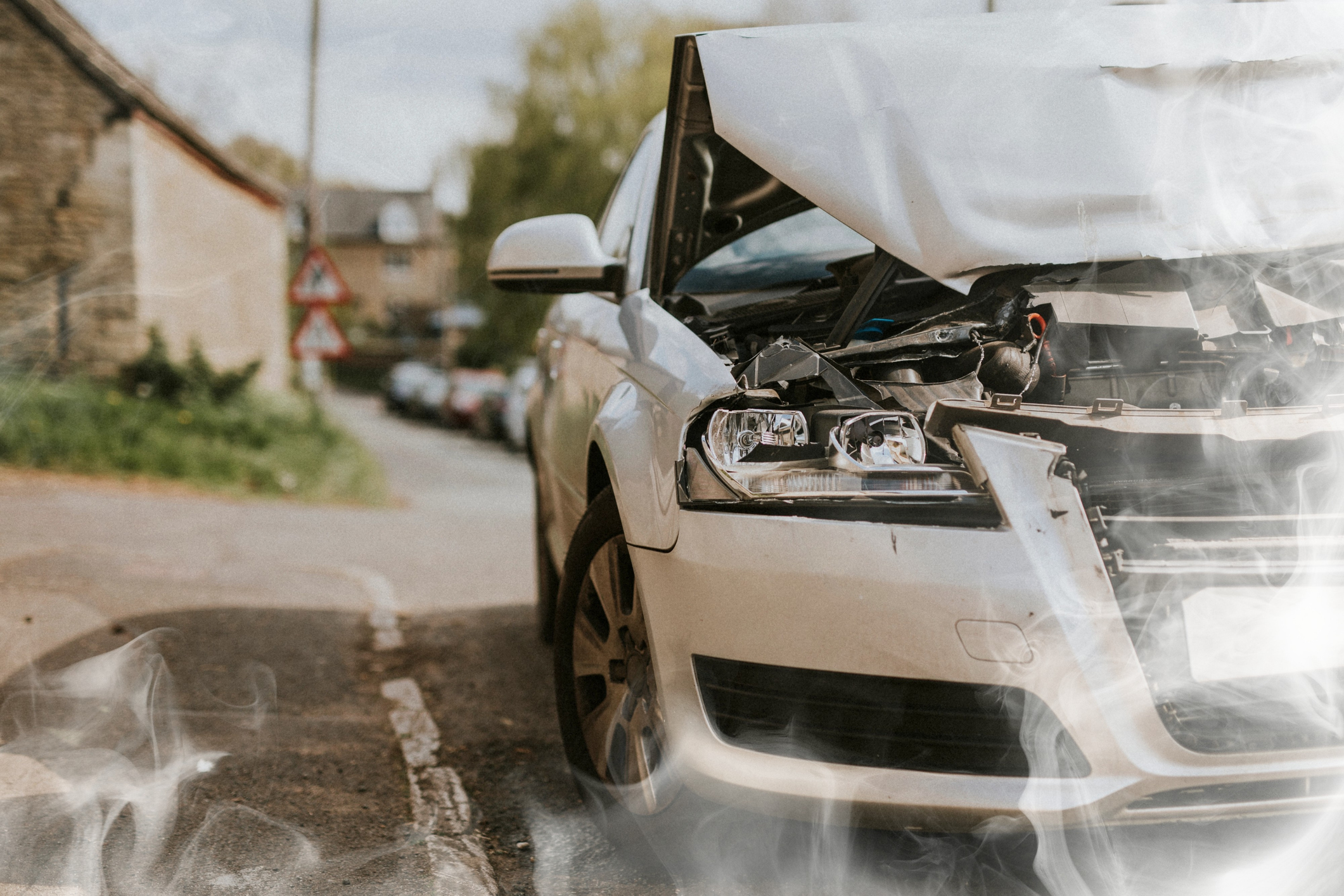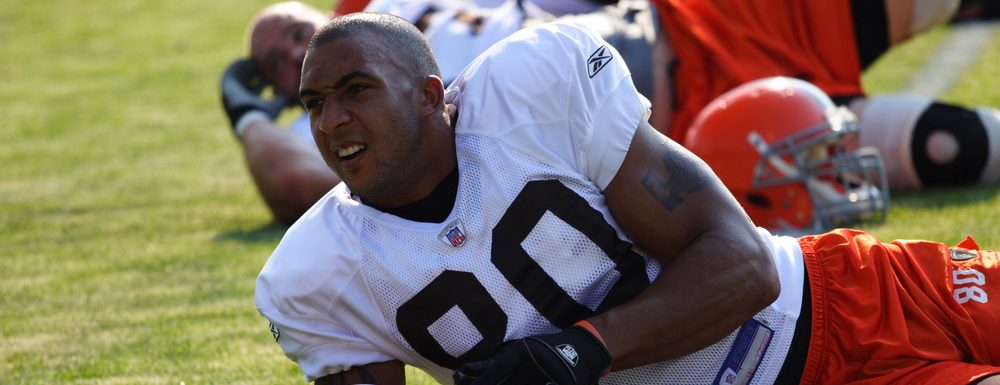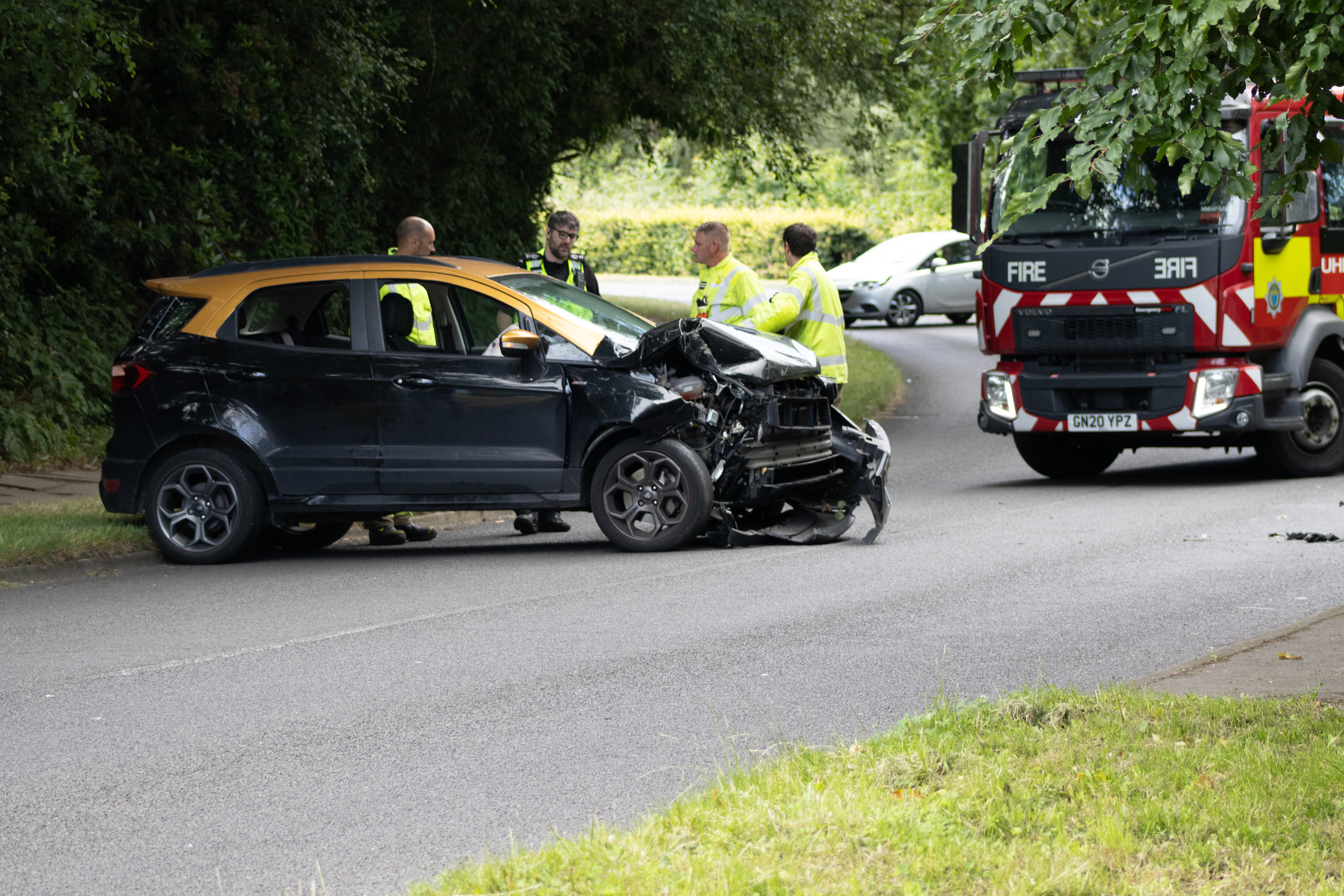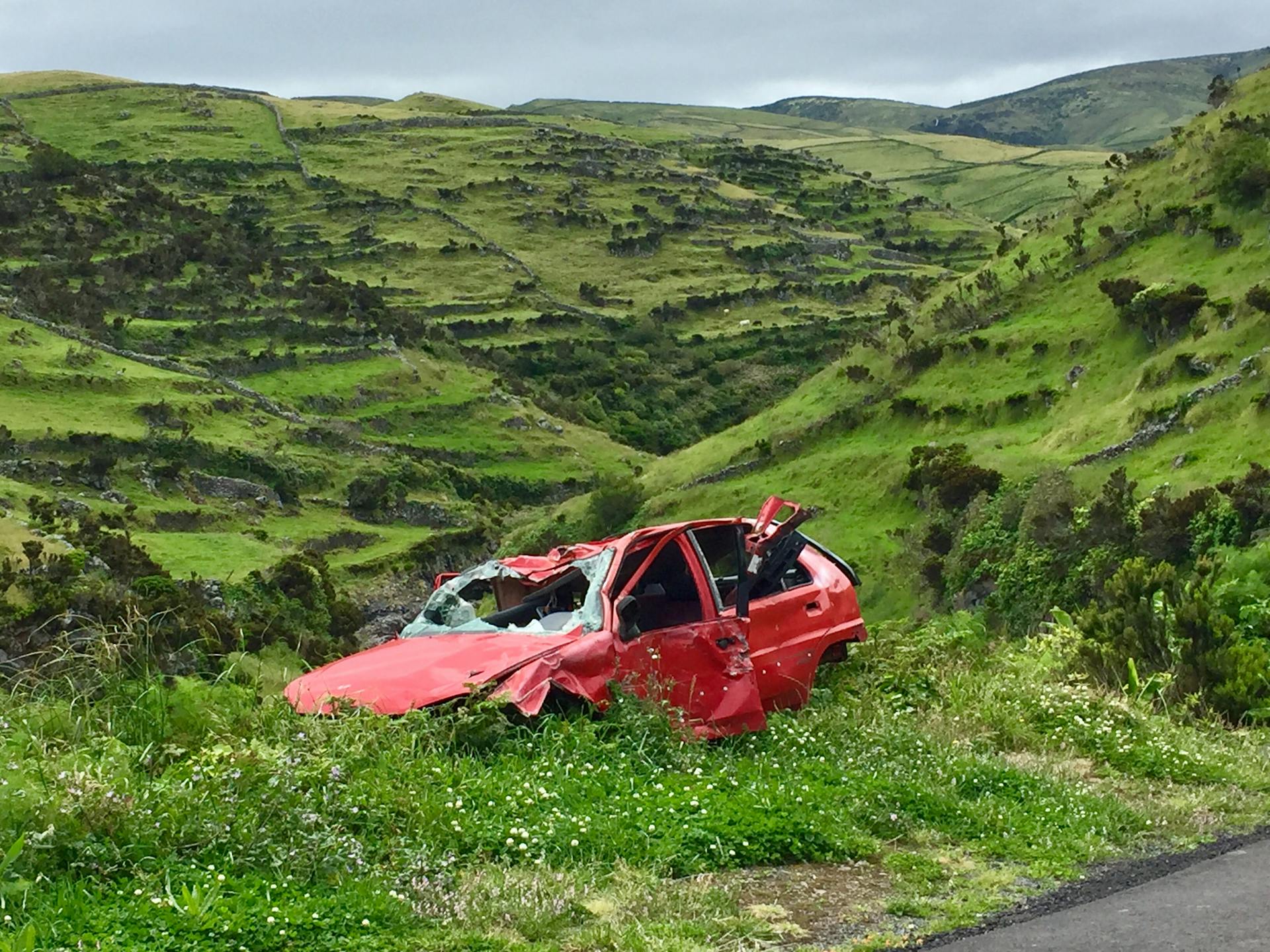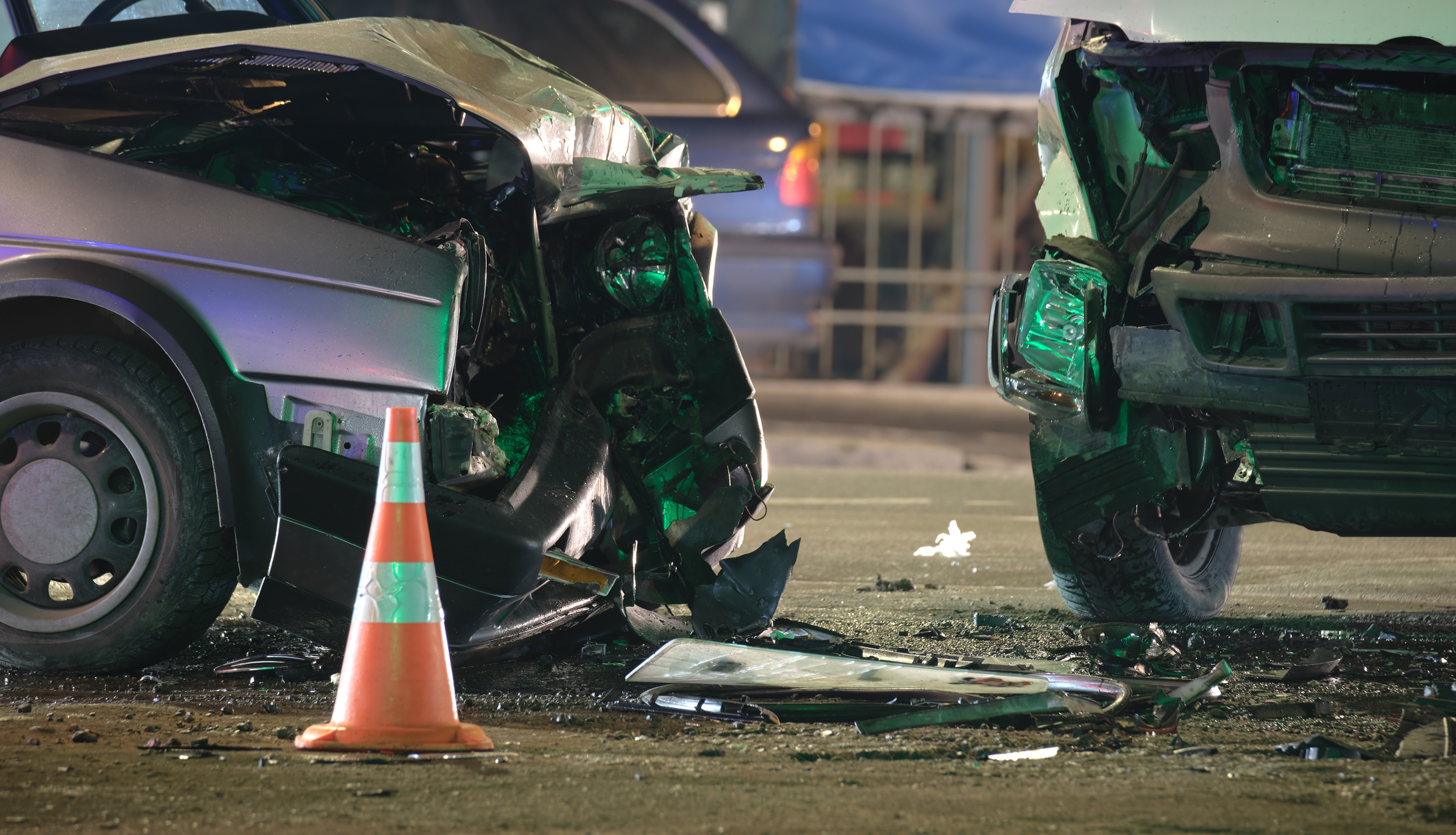Car accidents, especially head-on collisions, can be traumatic and life-changing events. Whether you're at fault or not, dealing with the aftermath of an accident can leave you with several pressing questions.
One of the most critical questions is: How do I assess the value of my car after a head-on collision? Understanding the true value of your car post-accident is essential for negotiating with insurance companies, determining if it's worth repairing, and figuring out what to do next.
This article will guide you through assessing your car's value after a head-on collision accident. Read on.
Understanding Car Value and Depreciation
Before diving into how to assess the value of your car after a head-on collision, it's important to understand a few basic concepts:
Car Value
This refers to the worth of your car. It is generally determined by its make, model, year, condition, mileage, and various other factors.
Depreciation
As a car ages, its value decreases due to wear and tear. This process is called depreciation, and it can significantly impact how much your car is worth in the aftermath of an accident.
In general, a car's value is most accurately measured in terms of its market value or replacement cost. This can fluctuate based on demand, condition, and location.
The Role of Insurance in Assessing Your Car's Value
If you have comprehensive or collision coverage on your car insurance policy, your insurance company will play a major role in assessing the car's value after a collision. However, keep in mind that their assessment may differ from what you consider a fair value.
Insurance companies typically use the following terms to assess a vehicle's worth after a crash:
Actual Cash Value (ACV)
The market value of your car immediately before the accident, minus depreciation and any damage that occurred during the accident.
Replacement Cost
The cost to replace your car with a similar one in terms of make, model, age, and condition, regardless of depreciation. These are essential in vehicle depreciation after the accident.
Total Loss
If the cost of repairing the vehicle exceeds a certain percentage of the car's value (often around 70-80%), the car may be deemed a total loss, and the insurance company will likely pay you its ACV.
Understanding the differences between these terms is crucial because each affects how much you can expect to receive from your insurer after a head-on collision. It is very helpful to consult a lawyer, especially with a Diminished Value Claim.
Documenting the Damage to Your Car
After a head-on collision, your car will likely suffer significant damage. To properly assess its value, it's important to document the damage thoroughly. This documentation will play a major role in negotiations with your insurance company and any repair shops you work with.
Here are a few steps to take in documenting your car's damage:
Take Detailed Photos
Capture as many angles as possible of both the interior and exterior of your vehicle. Be sure to include close-up shots of any visible damage and signs of structural or mechanical issues.
Get an Independent Assessment
In addition to the insurance adjuster's evaluation, consider getting an independent assessment from a certified mechanic or appraiser. This could help you identify potential issues that might not be immediately apparent.
Check for Undiscovered Damage
In some cases, damage caused by a head-on collision can affect parts of the vehicle that aren't immediately visible, such as the:
- frame
- suspension
- engine components
An experienced appraiser can help identify hidden damage that might significantly affect the car's value.
Assessing Your Car's Pre-Accident Condition
The condition of your car before the collision plays a major role in determining its value after an accident. Insurance companies, appraisers, and mechanics will assess several key factors to determine the condition of the vehicle, including:
Mileage
A car with high mileage is generally worth less than one with low mileage.
Maintenance History
If your car has a strong maintenance history, it may be worth more than a similar car with no documented service records. Regular oil changes, tire rotations, and other routine services can indicate that your car was well-cared for, which may increase its value.
Cosmetic Condition
Scratches, dents, and other cosmetic damage can affect a car's market value. On the other hand, if your car was in near-perfect condition before the accident, this could work in your favor.
Mechanical Condition
A car in good working condition will likely be valued higher than one that was already experiencing mechanical issues before the accident. This is without engine issues, transmission problems, or other major mechanical defects.
Taking stock of these factors before the accident can help you accurately assess how much your car was worth before the crash, which in turn can give you a baseline for assessing its value post-accident.
Comparing Similar Vehicles on the Market
One of the best ways to gauge the value of your car after an accident is to compare it to similar vehicles that are currently for sale in the market. You can do this by:
Searching Online
Websites like Kelley Blue Book, Edmunds, Autotrader, and Cars.com allow you to search for cars based on your car's make, model, year, and mileage. This can give you a good idea of what similar cars are selling for in your area.
Visiting Dealerships
Check with local dealerships for comparable cars in terms of condition and mileage. They may offer a fair price range for your car.
Considering Private Sale Prices
If you were to sell your car privately, you may be able to sell it for a higher price than if you trade it in at a dealership. Researching private sale prices in your area can give you a realistic idea of your car's post-accident value.
Be mindful that post-accident vehicles will generally be worth less than comparable cars that have never been in an accident, so keep that in mind when making comparisons.
Factors That Affect Post-Accident Value
In addition to the pre-accident value of the car, several other factors will influence how much your car is worth after a head-on collision:
Extent of the Damage
The severity of the damage plays a major role in determining whether the car is a total loss or if it can be repaired. A vehicle that's been involved in a severe head-on collision is more likely to be considered a total loss, particularly if the airbags deployed or there's structural damage.
Repairs and Repairs Cost
The cost of repairing the damage can affect the overall value of the car. If the car is repairable, you may want to consider whether it's worth repairing or whether the cost of repairs will exceed the car's post-accident value.
Market Conditions
The value of your car may fluctuate depending on the market for used cars in your area. If there's a shortage of similar vehicles, you may be able to get a higher offer. Conversely, if used car prices are low, your car may be worth less than you expect.
Your Insurance Policy
The coverage you have on your car can also affect its post-accident value. If your car is deemed a total loss, your insurance company will pay you the actual cash value or replacement cost, depending on your policy.
Dealing with a Total Loss Vehicle
If your car is deemed a total loss by your insurance company, the next step is to negotiate a payout. In this case, the insurer will typically offer the car's ACV (after subtracting your deductible if applicable). If you disagree with the insurance company's valuation, you have several options:
- Negotiate with the Insurance Company
- Consult a Third-Party Appraiser
- Legal Action
The Final Step: Making Your Decision
Once you have a good understanding of your car's post-accident value, you'll need to decide whether to repair or replace your vehicle. There are a few things to consider:
Repair Costs vs. Car Value
If the cost to repair your car is higher than its pre-accident value or close to its current market value, it may not be worth repairing.
Emotional Value
In some cases, the sentimental value of a car may outweigh its monetary worth, and you may choose to repair it regardless of its market value.
Cost of Replacement
You may also want to consider the cost of replacing the car with another vehicle. If the insurance payout is sufficient, you may be able to use it toward purchasing a new or used car.
The Impact of Structural Damage
Head-on collisions often result in significant structural damage to the vehicle, which can dramatically decrease its value and even make it a total loss. In many cases, structural damage can be challenging to repair, especially if it affects critical areas such as the frame, engine compartment, or safety systems (like airbags). Here's a closer look at how structural damage influences the assessment:
Frame Damage
The frame is the backbone of a vehicle, and any bending, cracking, or severe impact to this part of the car is often considered beyond repair. Even if repairs are possible, they can be incredibly costly, and the vehicle may never perform as safely as before the accident. Most insurance companies will consider a vehicle with significant frame damage to be a total loss due to safety concerns and the high cost of repairs.
Engine and Transmission Damage
In a head-on collision, the engine and transmission are particularly vulnerable. A damaged engine or transmission can make a vehicle unreliable or unsafe, reducing its overall value. If the engine is compromised, the cost of replacement or repair can be high, and in many cases, it might not make financial sense to proceed with repairs.
Safety Features
Many modern vehicles come with built-in safety systems, including airbags, crumple zones, and reinforced passenger compartments. If these safety features are deployed or damaged, it not only affects the car's value but also your personal safety. If airbags have deployed, your car may have significant repair costs associated with replacing them, which could further lower its post-accident value.
In the case of substantial structural damage, it's likely that the car will not be worth repairing, especially if it is deemed a total loss by the insurance company.
The Role of the Insurance Adjuster
After a head-on collision, an insurance adjuster will evaluate your vehicle's damage and assign a value based on their findings. While this is a standard process, it's essential to understand how they make their assessment and how it might differ from your own expectations. Adjusters are typically trained to assess car damage quickly, and they use standardized formulas to determine the car's value. Here's how the process works:
Inspection of Damage
The insurance adjuster will thoroughly inspect the damage to your vehicle, often reviewing photos and estimates from repair shops to get a clearer picture of the damage's scope. They may also factor in the vehicle's age, mileage, and condition prior to the accident.
Use of Software Programs
Many insurance companies use specialized software to calculate the value of a vehicle. These programs consider the vehicle's make, model, year, trim level, and condition, and they provide a report based on similar cars sold in your area. This is called "comparative pricing" and helps the adjuster arrive at a figure that represents the market value of your car.
Negotiating the Offer
After the adjuster presents their offer, you are not required to accept it immediately. If you feel the offer is too low, you can negotiate. Presenting your own research, like quotes from multiple repair shops or appraisers, can help support your case. If you're not satisfied with the initial offer, ask for a reevaluation or seek third-party assistance to reassess your car's value.
Be Well Are of a Head-on Collision
Assessing the value of your car after a head-on collision is a complex process that requires a careful evaluation of various factors. By understanding the value of your car post-accident, you can make informed decisions about whether to repair it, replace it, or negotiate with your insurer for a better settlement.
If you want to read more articles, visit our blog.



